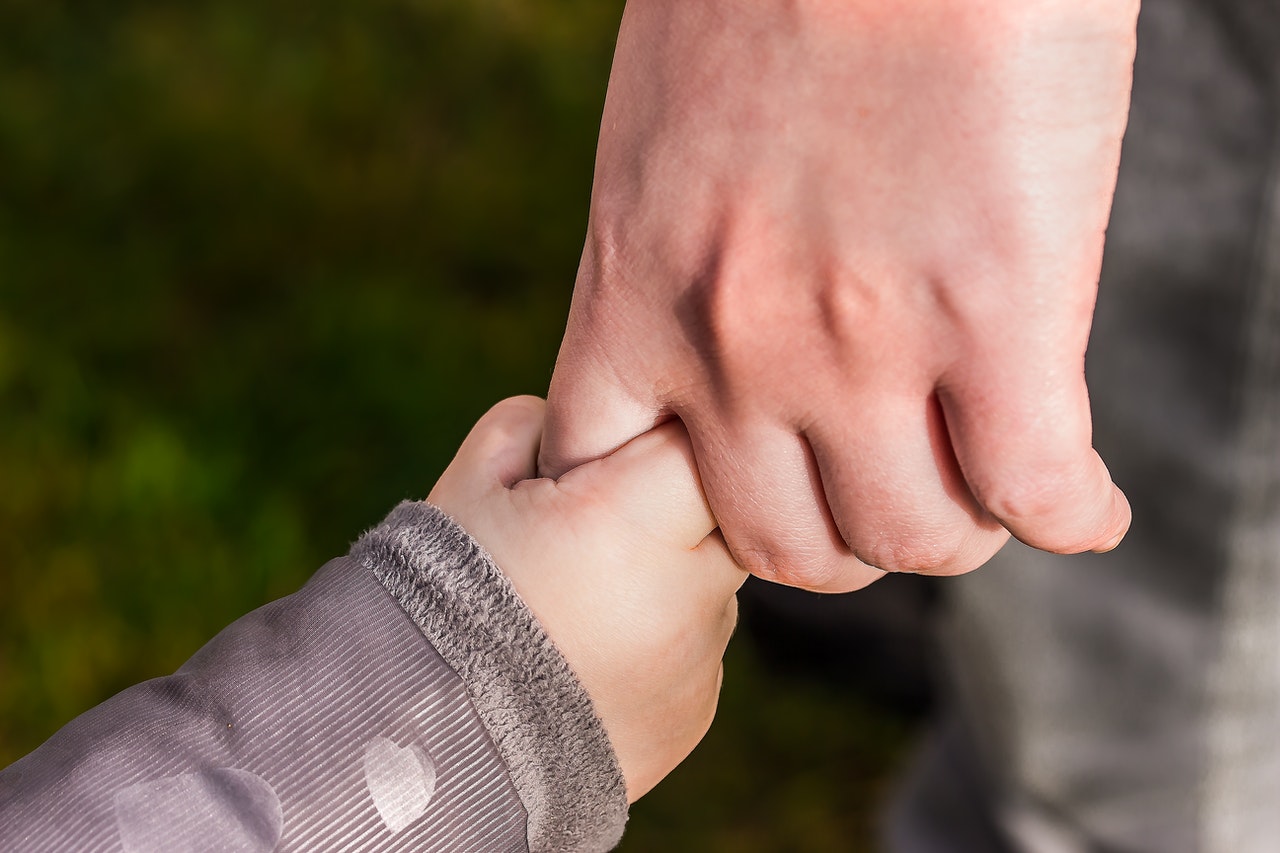Conscious Parenting | Creating a Healthy Home Environment

A relationship with our parents is the blueprint that stays with us forever. On the quality of that relationship depends the success of our future relationships, our life satisfaction and happiness, and our overall wellbeing. Sometimes, we may struggle with problems of our childhood long into adulthood. In short, experiences from our childhood become the way we define ourselves, Dr. Shefalli Tsabary, a clinical psychologist and the author of “The Conscious Parent” says.
Parenting style affects how children will grow, develop, and thrive in life. Therefore, conscious parenting is crucial in helping the child develop into a conscious, self-actualized, healthy, and happy adult. The scientific evidence shows that the parental relationship impacts the child’s emotional health, psychological wellbeing, but also influences the development of their brain.
Our interactions with parents influence how we learn to handle life. The parental relationship is a foundation of our future relationships, our beliefs, resiliency, self-regulation, and self-concepts.
How to Shift to Conscious Parenting
Conscious parenting provides safety and reliability within a parent-child relationship. It deepens your children’s trust in the world, boosts their confidence, and sets up the environment in which they will develop and thrive.
1. Adjust Expectations
The child’s brain is rapidly developing between birth and the age of 3, creating a great number of new neural connections every second. At this age, the child’s brain is the most flexible, and they are the most capable of learning. Therefore, as parents, we often have big expectations, loading our kids with tasks, challenges, and experiences, forgetting that chronic stress triggers long-term changes in our brain’s structure and function.
In other words, by exposing our children to chronic stress, we make them prone to mental illnesses such as anxiety, depression, eating disorders, mood disorders, and so on.
Research shows that one in five children in the U.S. has signs of mental health disorder. Of course, your child doesn’t need to lead a stress-free life. A moderate amount of stress promotes flexible thinking and helps build resilience. However, prolonged stress leads to long-term problems and hinders a child’s ability to thrive.
2. Use Respectful and Kind Language

Check the language you use when talking to your children. Is this language degrading, shaming, insensitive, and harsh? Or your verbal and non-verbal communication is filled with respectful, caring, accepting, and encouraging messages?
3. Pay Attention to Your Self-Regulation
Children know which buttons to push better than anyone else. Do you react with kindness and calmness regardless of how your child behaves? Try to pause and reflect, connect to your inner world and remain calm and composed even when your child is not. Teach your kids self-love and self-compassion, setting a good role model with your own self-acceptance.
4. Nurture Gratitude
Show gratitude each day and teach your children to appreciate whatever good comes their way. Research shows that gratitude practice can reprogram your child’s brain to be more sensitive to experiencing thankfulness. It can also improve their mood, boost their emotional control, promote empathy, and help them have thriving relationships.
Are you ready to make a shift towards becoming the best individual AND parent you can be? Book a time to chat with me to find out if Parent Coaching is right for you!



